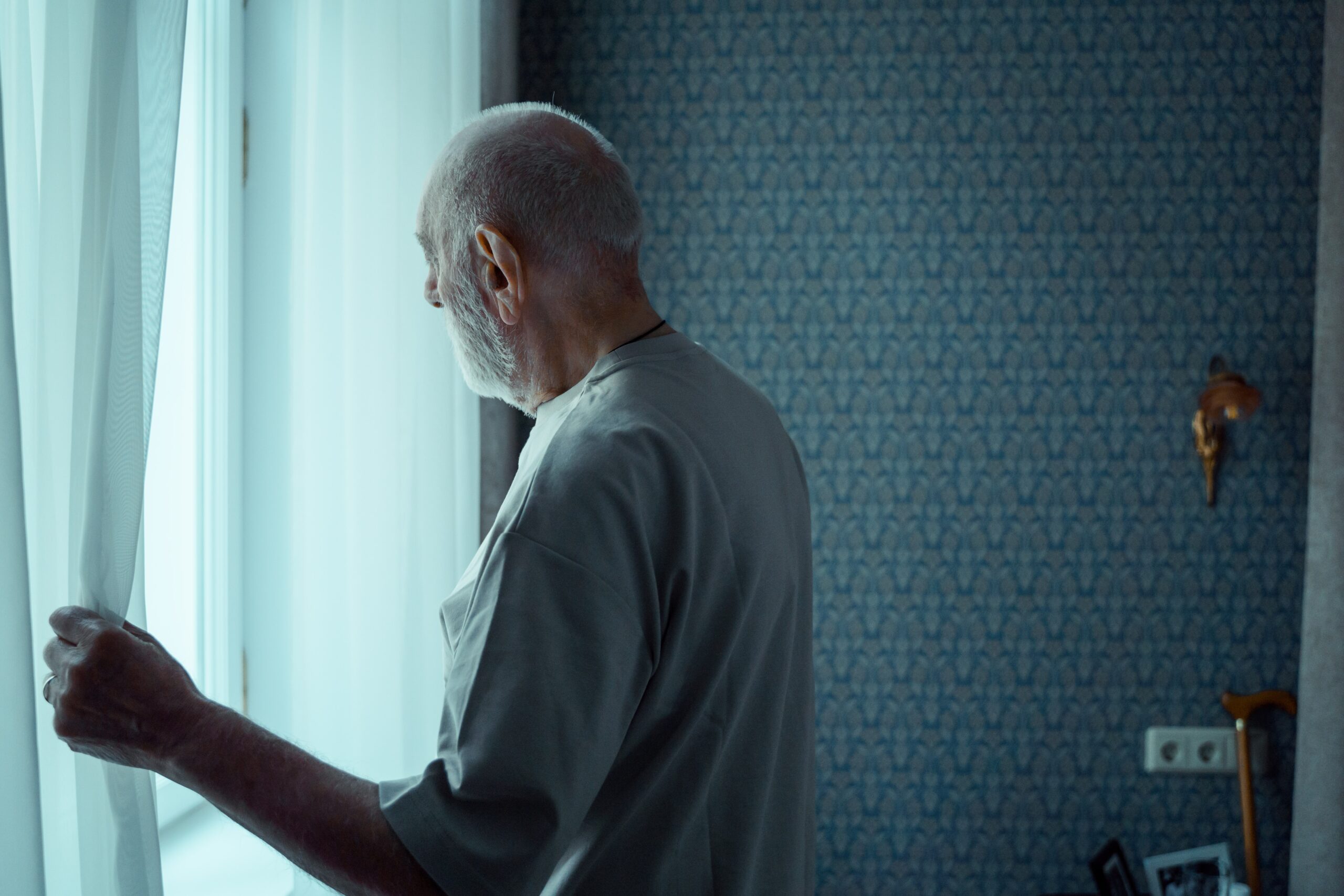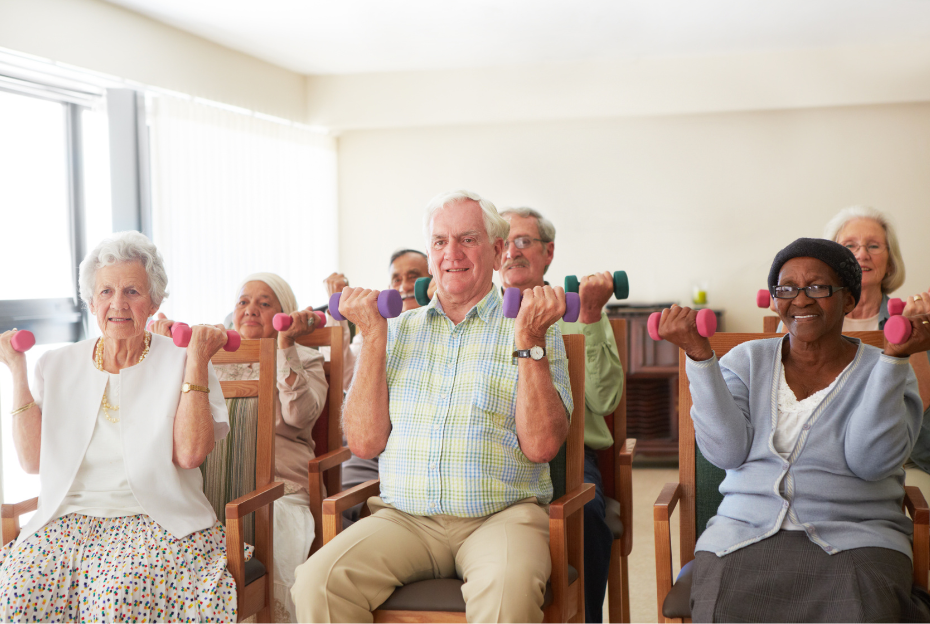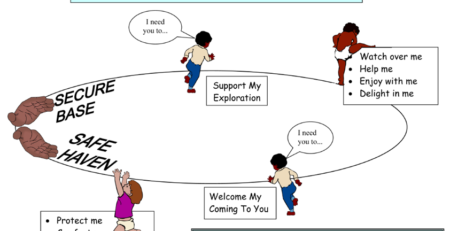In a world where unprecedented connectivity allows plans to be made, rearranged, or cancelled within minutes through texting alone, and the ability to converse with loved ones even continents away, occurs simply via “WhatsApp or Messenger”, the irony remains that a significant prevalence of social isolation and loneliness persists among elderly Australians over 65yrs.
Is Being Alone the Same as Feeling Lonely?
Let’s start by understanding the difference between being alone and feeling lonely. Loneliness is the subjective and distressing feeling of being alone, regardless of the amount of social contact. Social isolation is a lack of social connections.
So, How Does Loneliness Affect Us?
Loneliness has the potential to occur during various phases of life — following the loss of a partner, as our children and friends forge their own paths, after retiring from a lifelong career, or due to geographical separation (families living apart), technology gap, limited transportation, and financial constraints, to name a few. Regardless of the cause, the experience of feeling isolated and exposed can be deeply poignant – particularly in our ‘autumn’ ages and beyond. These scenarios heighten the susceptibility to depression and wield a profound impact on both physical and mental well-being. Research has shown that loneliness escalates the probability of mortality by 26%.
How Do We Spot the Signs of Loneliness within ourselves or others?
How can you identify the subtle presence of loneliness? Be attentive to these indicators:
- Mood changes: Feeling frustrated or disengaged.
- Sleep patterns: Trouble sleeping or oversleeping.
- Appetite changes: Eating less or more.
- Time spent alone: Less interaction with others.
- Phone and internet use: Avoidance or excessive usage.
- Shopping habits: Buying unnecessary items.
- Substance misuse: Increased alcohol or drug use.
Who’s More Likely to Feel Lonely?
Detecting loneliness, even in those closest to us, might prove more challenging than anticipated. Elderly Australians often possess a profound sense of pride, causing them to view seeking attention or assistance as a profound blow to their self-identity. This is precisely why reaching out through various means can hold the potential to create a significant impact.
Having a conversation has the power to encourage a loved one to discuss matters that are frequently avoided or kept hidden. Nevertheless, questions need not always be weighty to counteract loneliness; a simple tea and conversation can work wonders in conveying genuine appreciation and value. Listen, not only to their spoken words but also to what remains unsaid — the difficult and the light, the solemn and the humorous, the ordinary and the extraordinary. Attentive listening is key. Observe their unspoken cues, and continue to lend an ear.
Why Might Living in a Residential Aged Care Facility Contribute to Loneliness?
The regulations and daily schedule in an aged care facility, can for some, create a sense of detachment from one’s identity. Additionally, the physical separation from family and friends can be emotionally challenging. This experience can often feel like being trapped in an ongoing cycle of emotions that are difficult to break free from.
How Can Senior Adults Cope with Loneliness?
It’s important to remember that seeking help and overcoming loneliness is not always easy, but you are not alone in this struggle. So, what can we do to beat loneliness?
- Quality over Quantity: Focus on nurturing meaningful relationships rather than accumulating numerous social connections. A few close, genuine bonds can provide more comfort than a multitude of acquaintances.
- Engaging in Social Activities: Participating in community events, clubs, hobby groups, and senior centres allows seniors to connect with like-minded individuals and form new friendships.
- Embrace Technology: The digital age offers us remarkable tools to stay connected. If family visits are challenging, explore video calls and instant messaging apps like Zoom or FaceTime. They bridge the physical gap and allow us to see our loved ones’ faces, bringing warmth and familiarity to our conversations.
- Rediscover Hobbies: fostering new friendships. Joining support groups that focus on shared interests, hobbies, or life experiences provides a platform to connect to other seniors, foster new friendships, share feelings, and receive emotional support. Consider listening to “Gardening Australia,” a podcast that offers valuable tips for gardening enthusiasts. Discover the beauty of nurturing your own garden, regardless of your expertise level. Another podcast, that might interest you “Super Soul (Oprah),” connects you with thought leaders, fostering connections and expanding your perspective on spirituality and wellness.
- Stay Active: Engaging in regular physical activities like walking groups, yoga classes, or dancing not only promotes physical health but also offers a chance to meet and interact with others.
- Volunteer: Contributing to your community can give you a sense of purpose and help you connect with others who share your interests.
- Practice Mindfulness: Engage in mindfulness exercises, meditation, or deep breathing. These practices can help reduce stress and foster a sense of inner peace.
- Seek Professional Support: In cases of persistent loneliness and emotional distress, seeking support from mental health professionals or therapists can provide you with effective coping strategies.
- Pet Companionship: Having a pet can combat loneliness by providing companionship, affection, and a routine that involves caring for another living being.
- Maintaining Family Ties: Staying connected with family members through regular visits, phone calls, or virtual interactions (eg. Zoom or FaceTime) can help alleviate feelings of isolation.
- Cultural and Religious Activities: Participating in cultural or religious events, ceremonies, and gatherings can foster a sense of belonging and connection with one’s community.
Conclusion
Loneliness can be challenging, yet it might be beneficial to view this emotion as a signal that we lack meaningful connections and as a motivation to instigate change in our lives. It’s important to recognise the signs and understand what puts us at risk. Take small steps to reach out and reconnect with your community. Reach out to loved ones, friends, or community groups for support.
‘Be Neighbourly’ – Begin with a friendly smile or take the next step by inviting a neighbour for a coffee. Developing a cordial relationship with a neighbour presents numerous informal chances for connection. Perhaps connect with ‘Friendline’. This program connects you with volunteers for a friendly chat over the telephone.
Discover your ‘Community Hub’. This initiative, driven by the community, empowers older people to enhance their mental and physical well-being by fostering greater connections. Numerous hubs are available across Western Australia.
😊
Subscribe to our Facebook and Instagram accounts to access further mental health information for older adults. See our recent posts on the various challenges that may be experienced in older adults. Share this with others who you think may find this helpful and promote positive mental health today!
Friendline Program: friendline.org.au
Village Hubs: www.ilaustralia.org.au/rethink-ageing/villagehubs
Podcasts
Super Soul (Oprah): https://www.oprah.com/app/super-soul-sunday.html
Gardening Australia: https://podcast.app/gardening-australia-p17588/















